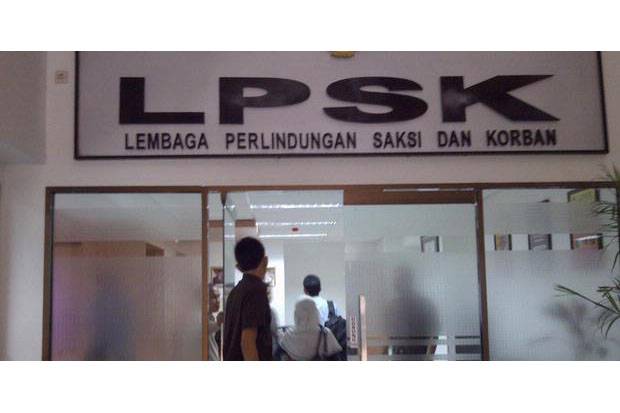“Whistleblower is more considered as a reporting party in the criminal justice system, the whistleblower concept need to be broaden”
Currently a Draft Law on Revision to the Witness and Victim Protection Law is being rapidly discussed, starting from Working Committee I Meeting (JW Marriot, 28-30 August), Working Committee II (Salak, 5-7 September), and Working Committee III (Nusantara II, 9-10 September). Further discussion on the Draft Law on Revision to Witness and Victim Protection Law is scheduled in the Working Committee IV Meeting on Monday, 15 September 2014. Based on the result of the discussion, the Witness and Victim Protection Coalition still see shortcomings in the Draft Law discussion between the Commission III Working Committee of the House of Representatives and the Government. One of those shortcomings is the substance of the discussion that can be seen in the stipulations on whistleblower.
The Coalition sees the definition of Whistleblower or Reporting Party is not adequate. In the discussion, the definition of a Reporting Party (Article 1 Number 4) is a person who gives a report, information, or statement to the law enforcer about criminal acts that will happen, happening, or had happened. (Approved by the Working Committee 28-8-2014). According to the Coalition, the definition of a Reporting Party is very narrow. Because it is limited to “Criminal Acts” causes the meaning of a Whistleblower is more considered as a Reporting Party in the criminal justice system. So what about the fate of Whistleblower or Reporting Party who “blow the whistle” on other maladministration in the interest of broader public?
Different with the definition of a Reporting Party, the Working Committee is widely open the definition of a Witness in the Draft Law. In the discussion, the definition of a Witness is a person who gives a statement in the interest of an investigation, prosecution, and examination in a certain court trial about a criminal case which he/she in person heard, saw, experienced, “including people who can give a statement related with a criminal case even though he/she in person did not heard, saw, and experienced, as long as the statement of that person is related to a criminal act.
Other fundamental shortcoming in the whistleblower protection in the discussion between the Working Committee and the Government is related with the fact that there is not a special form or mechanism for a whistleblower to disclose (in the revision stated as a report, information, or statement) there is not one stipulation which supports how a whistleblower should report and who (which law enforcer) is going to declare this person as a whistleblower. Same thing with the right to acquire an answer on questions about the report submitted to law enforcers. Since according to the Coalition, in many cases reports disclosed by whistleblowers is not well responded. And many institutions did not admitted those disclosures were made by a Whistleblower (such as in the Case of Susno Duaji, Vincent and others).
Protection for a Whistleblower or a Reporting Party also is incomplete, the Working Committee seems to forget that a Whistleblower protection should also covers protection related with employment position or profession safety, since in many cases, a Whistleblower is most often punished in their working place, such as transferred, fired and terrorized in the work place. These are not included as a form of protection for Whistleblowers in the Working Committee discussion. Further protections required by Whistleblowers cover compensation, mainly financially. Many Whistleblowers suffer financial losses due to the report or disclosure made by them. This is why the Working Committee should reconsider to include special protections mentioned above to the revision.
Different with a Justice Collaborator, there is not a reward for a Whistleblower in the revision, in practice there is only limited protections for a Whistleblower. Whereas for a Justice Collaborator, the revision gives a reward for a testimony in a form of commutation of a sentence, parole, additional remission, and other convict’s rights in accordance with the laws and regulations apply to a perpetrator-witness who is also a convict (Approved by the Working Committee 29-8-2014).




